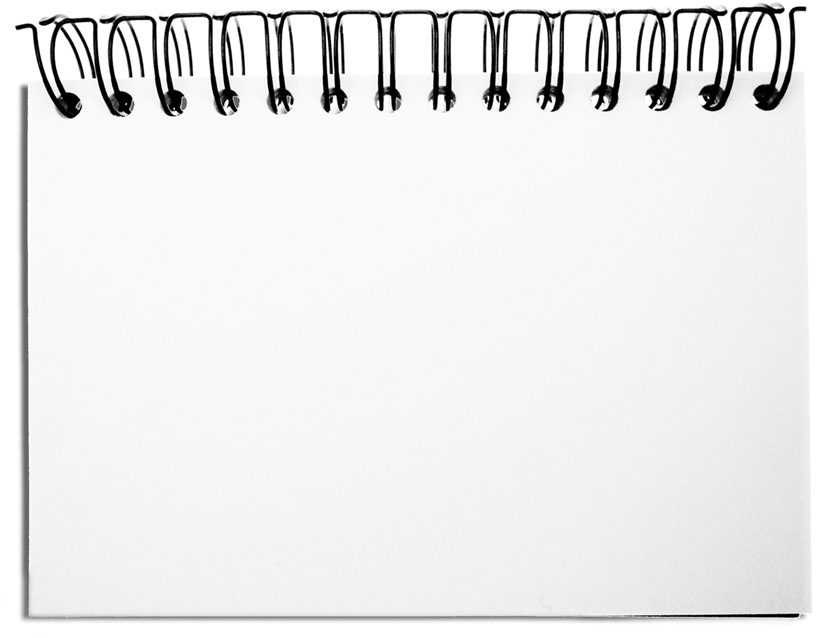The paper does not care what is put on it. An empty sheet offers the greatest freedom for developing ideas. This tabula rasa is only limited by the edges of the paper. This limit can be offset with a respectively large sheet. But how do you get the best from this unused surface? How do you exploit the contingency of the empty sheet?
In most cases you grab the paper, if you want to set up a plan, arrange your thoughts or because you were ordered to have something to do. The actual solution is missing, which still has to be concretized. The following steps bring you quickly closer to the target.
- Start immediately
The most important factor is to start filling the paper immediately, without delay. Do not waste time to think about how to get started. Do not waste time to search a good formulation. Do not waste time to consider the structure. Simply start immediately. - Use accelerators
ideally, you have a format at hand that makes you think better. This can be a grid or a mind map, questions (e.g. What? Why? How?) or simply a few words (e.g. the order, or arbitrary terms (e.g. Saobao, blue-yellow, soft-stoned)). These accelerators give the thoughts a first hook, on which you can continue to build. - At first fill
Suppress the impulse to correct at an early stage! Only until a certain degree of filling is reached, you continue with step 4. - Remove disturbing aspects
After the flow eases or contradictions emerge that slow you down, the correct moment is reached to revise. Everything that does not fit can now be put into brackets, reformulated or crossed out. Mark the elements in such a way that they are further readable, since they will be probably reanimated. - Restart
You know best, when is the right moment to begin a new sheet. You transfer valid contents to the new, empty paper. The structure can change, new terms may emerge and particularly appropriate ideas will be solidified. Invalidate the transferred sheet with a line, but do not throw it away. Thus, original flashes of insight will be still reachable. However, the current sheet is easily recognizable. - Destroy
As soon as a sheet does not contain more required value-add, because all relevant information can be found on the current or on other sheets, it can be ripped-up, crumpled-up, cut, shredded, burned or in any other way be destroyed and disposed. Imagine that the destruction of the paper also releases your mind from these elements. - Final
The concluding version is held as legible and recognizable as possible. This can be done by an appropriate clean copy or through a computer. You can decide how to deal with the intermediate results. In the sense of a mental garbage disposal, you do not need these papers any longer (see 6).
Bottom line: The editing of ideas by the spontaneous employment of a white sheet of paper creates results that are only limited by oneself. The paper allows everything, if we let it flow. Thus, the empty sheet offers the space for all imaginable, alternative solution.

